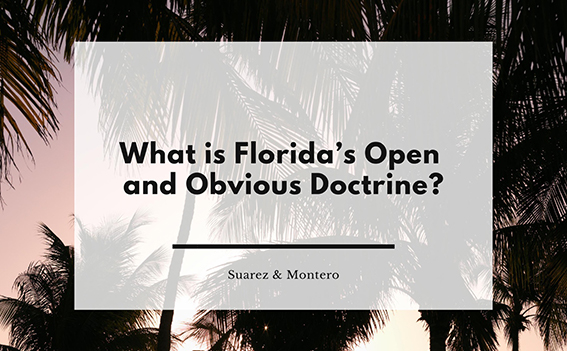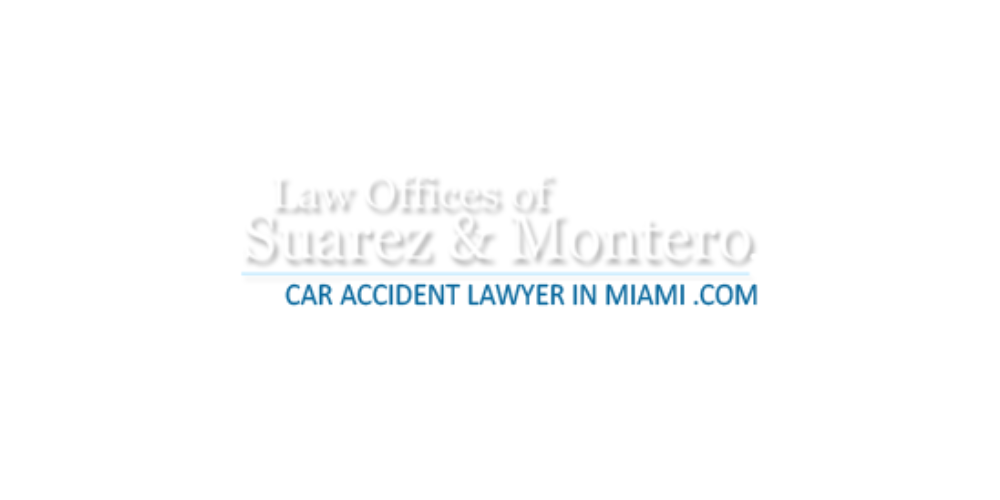
What is Florida’s Open and Obvious Doctrine?
A Florida personal injury that occurs on someone else’s property can be compensated under the legal theory of premises liability. In the event that a landowner fails to take the necessary precautions to ensure their property is safe, the landowner could be liable to any visitor for injuries caused by that hazard through a Florida premises liability lawsuit. This could be a slip-and-fall, a dog bite, faulty stairs or even negligent security resulting in vulnerability to a third-party criminal attack. It has always been the case that a landowner has a duty to exercise reasonable care for the protection of invitees.
Florida law requires an owner to use reasonable care to ascertain that the premises are reasonably safe for invitees and to use reasonable care to protect invitees from unreasonably dangerous conditions. The duty to protect invitees from unreasonably dangerous conditions is further broken down into two specific and independent duties: (1) to use reasonable care in maintaining the property in a reasonably safe condition; and (2) to warn of dangers of which the owner knew, or should have known, existed and which are unknown to the invitee and cannot be discovered through the invitee’s use of reasonable care. It is the relationship of these duties to the “open and obvious” doctrine which appears to be the source of common misunderstanding among many trial attorneys and judges alike.
To prove a breach of the duty to use reasonable care, the invitee must first establish notice. The first general duty of the landowner or possessor is to use reasonable care to learn of any unreasonably dangerous condition on the premises. Although there is no legal duty to be kept constantly abreast of all existing dangerous conditions, the landowner or possessor must use reasonable care to discover them. Notice is established if the landowner or occupier created or otherwise had actual knowledge of the dangerous condition. The invitee can also prove constructive notice when (1) the condition existed for such a length of time that, in the exercise of reasonable care, the owner would have had knowledge; or (2) the condition occurred with regularity and was therefore foreseeable. What constitutes “reasonable care” is, of course, a question for the fact finder. Once notice is established, the issue becomes whether the defendant breached either the duty to warn or the duty to maintain or both, depending on what is alleged.
In Florida premise liability cases, the obvious danger doctrine allows a landowner to avoid liability where the condition that caused the injury was known or obvious to the person who was injured. The doctrine provides that an owner or possessor of land is not liable to his invitees for physical harm caused to them by any activity or condition on the land whose danger is known or obvious to them, unless the owner or possessor should anticipate the harm despite such knowledge or obviousness. Courts in Florida consider all of the facts and circumstances surrounding the incident before determining whether the obvious danger doctrine applies, or whether the condition is not dangerous or unsafe as a matter of law. Therefore, the courts must determine under the facts and circumstances of each particular case whether the condition is not inherently dangerous as a matter of law and whether the obvious danger doctrine applies to prevent any recovery by the plaintiff.
Premises liability cases can sometimes present complex issues. Therefore, it is important to retain a plaintiff’s attorney with a track record of success in this area who can make sure you get the most favorable outcome possible. Call the experienced attorneys at Suarez & Montero.





